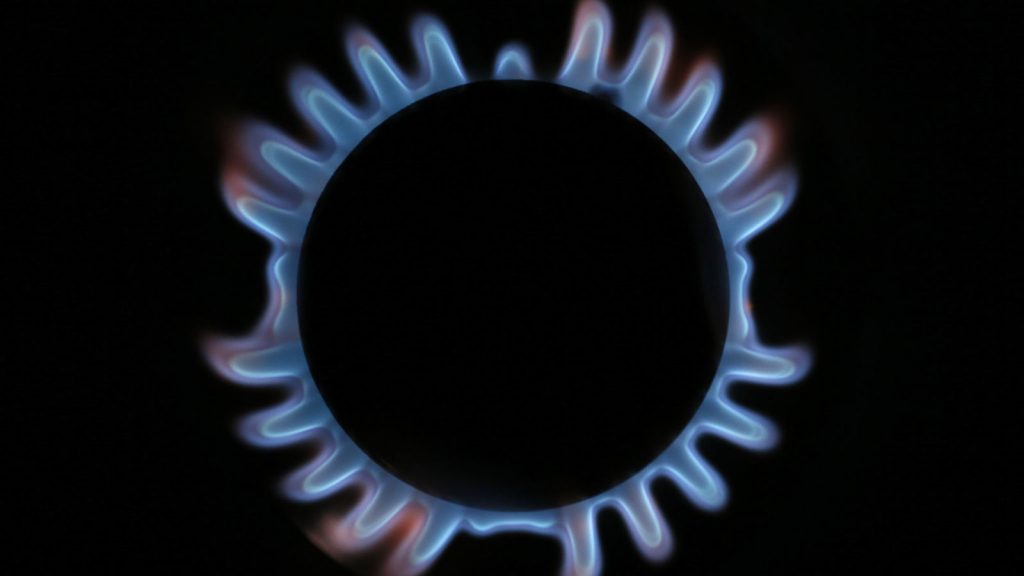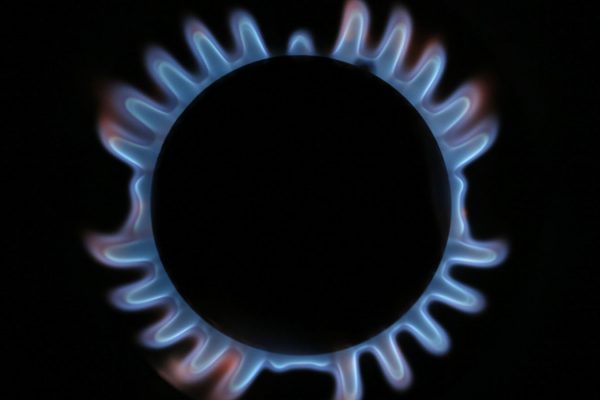
Households due £285 rebate on fuel bills, says Citizens Advice
Every household in the UK should get a one-off rebate of £285 on its fuel bills as a result of excess industry profits, Citizens Advice has said.
Over eight years, it claimed firms that transport gas and electricity – so-called energy networks – have made £7.5bn in “unjustified” profits.
It blamed the regulator, Ofgem, which sets industry price controls, for “errors in judgement”.
Ofgem disputed the claim and said it had already helped to lower fuel bills.
Citizens Advice said that network firms had enjoyed a multi-billion pound windfall at the expense of consumers.
As an example, Citizens Advice said National Grid had made an operating profit of more than £4bn in 2015/16.
However the company’s annual accounts show that around a quarter of that profit was made in the US or on other activities.
Complaints
“Decisions made by Ofgem have allowed gas and electricity network companies to make sky-high profits that we’ve found are not justified by their performance,” said Gillian Guy, head of Citizens Advice.
“Through their energy bills, it is consumers who have to pay the £7.5bn price for the regulator’s errors of judgment. We think it is right that energy network companies return this money to consumers through a rebate.”
Ofgem sets the charges that network companies like National Grid, SSE and Cadent – which distributes gas – can levy in any eight-year period.
That is because they are monopoly operators.
But in the current period, lasting from 2013 to 2021, Citizens Advice says Ofgem has been too favourable to the companies’ interests.
It claims that Ofgem:
- overestimated the risks for investors in the networks, costing consumers £3bn
- assumed interest rates would be higher than they turned out to be, costing consumers £3.4bn
- rewarded companies that inflated cost estimates for projects, costing consumers £1.1bn
Cheaper costs
However, Ofgem said a number of the assumptions used by Citizens Advice were too high, and rejected the idea of a rebate.
“We do think they raise some valid points, but we don’t agree with their modelling or their figures,” said Jonathan Brearley, Ofgem’s senior partner for networks.
On Wednesday Ofgem also announced a consultation on how it should set price controls after 2021.
“We will take some of the issues into account when we examine future price controls,” Mr Brearley added.
He told the BBC that those controls are likely to be much tougher on the companies involved, providing downward pressure on bills.
At the moment, around a quarter of the average fuel bill is taken up by transmission charges.
The Energy Networks Association – which represents the operators – also said it did not agree with the modelling used by Citizens Advice.
It said a similar claim filed by British Gas had already been rejected by the Competition and Markets Authority (CMA).
compare and switch (compariswitch!) your energy suppliers by clicking here
compariswitch are a price comparison and switching site with a difference
we say no to gimmicks, no to mascots and no over the top adverts!
instead we say yes to better deals, yes to clear; transparent information and yes to giving something back!
compare, switch & give with compariswitch.uk



